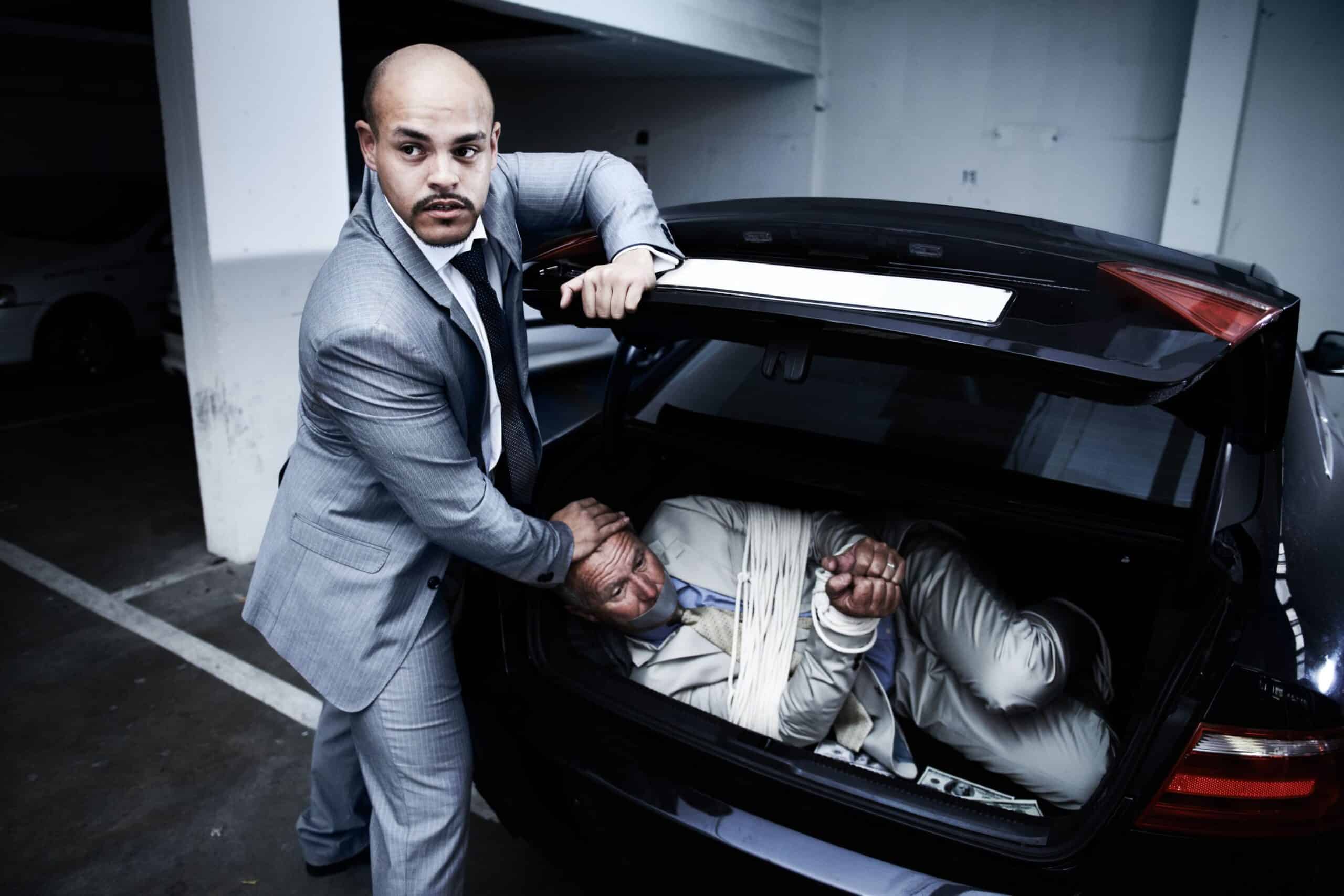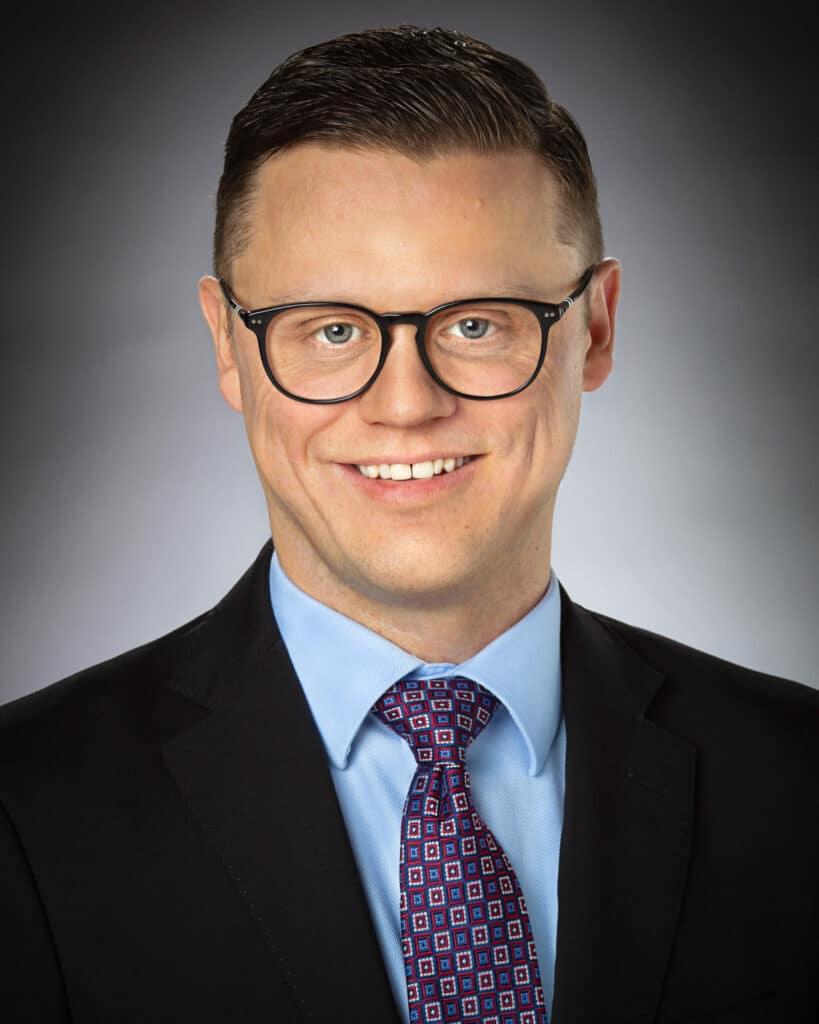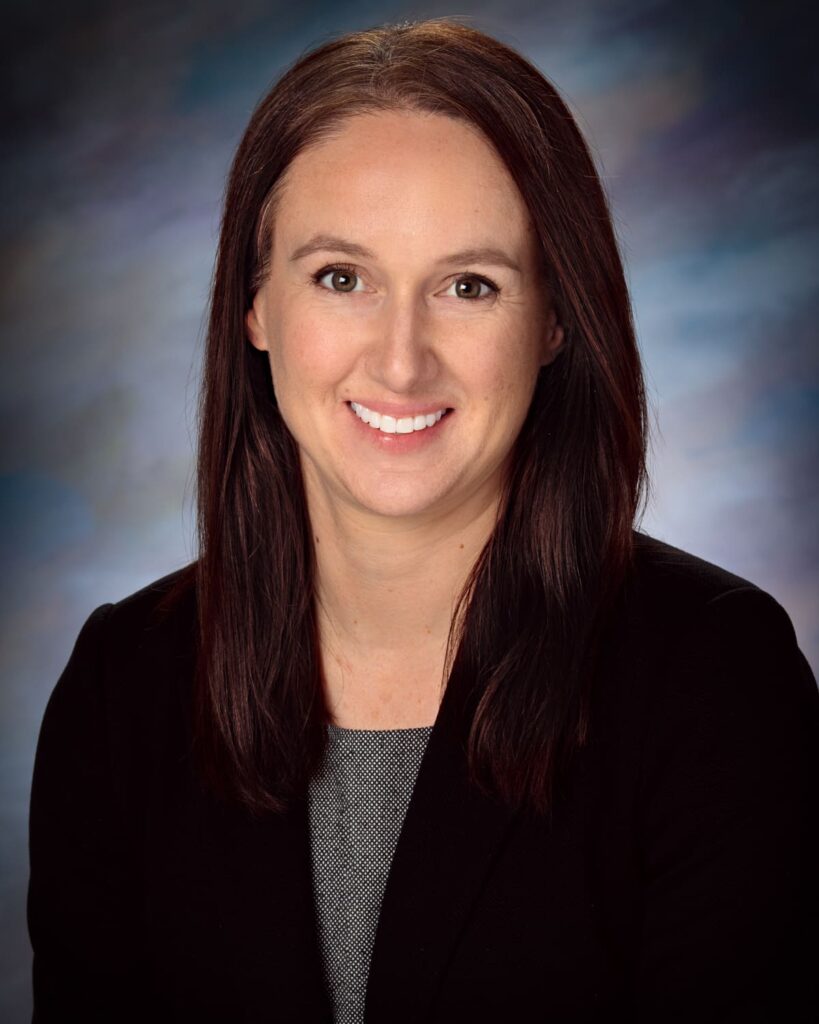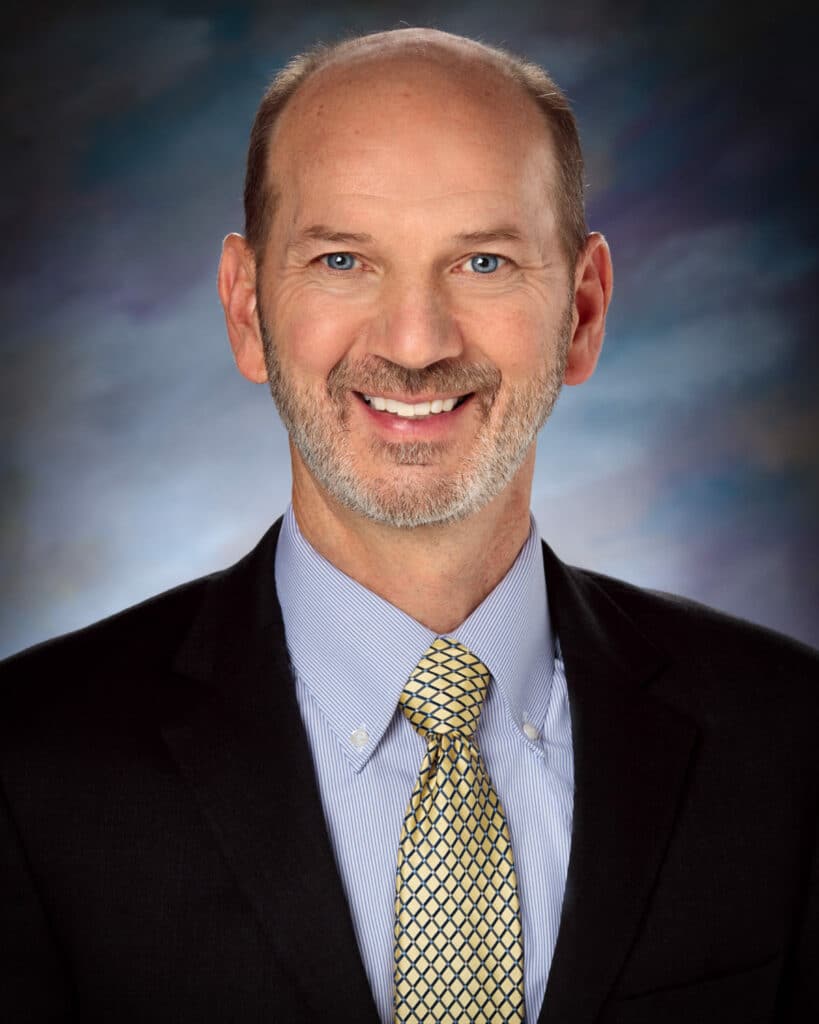Minnesota Answers: Will My Wife Continue to Receive My Disability When I’m Gone?
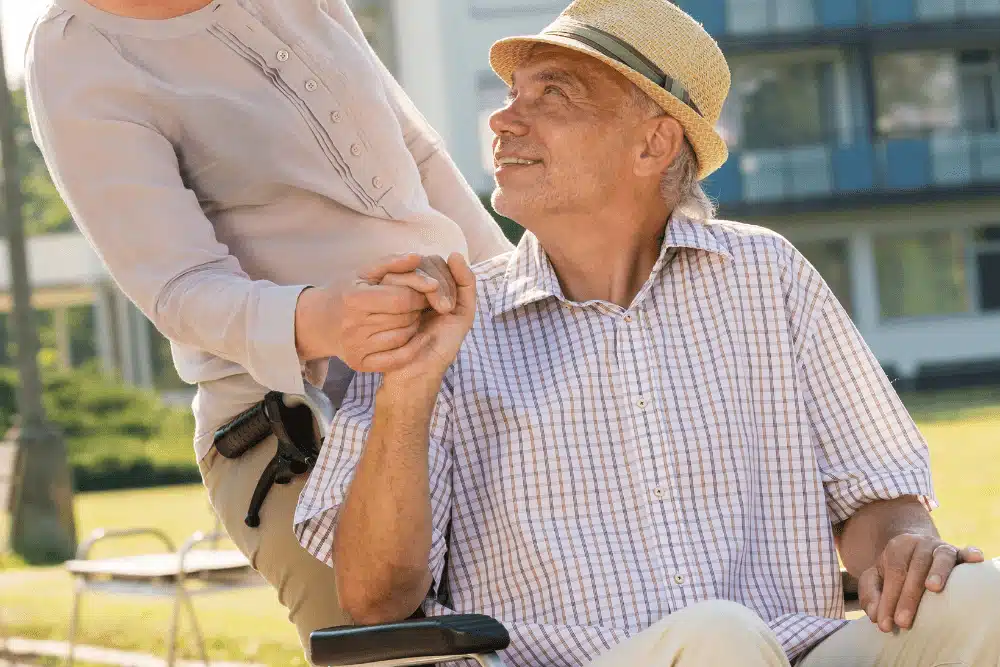
Andrew & Poole, P.A.

It’s a given that the death of a spouse is emotionally shattering, but it can leave a family financially devastated as well. This rings especially true if the deceased was receiving disability benefits through Social Security.
One of the most frequent questions regarding disability benefits: will your spouse be entitled to them after you pass away? It is a complicated question, but it does have an answer. Read on to find out all you need to know about disability benefits that may help your loved ones after you’re gone.
What Is Social Security Disability?
The Social Security Administration runs a program called Social Security Disability Insurance. It is a federal program that assists those who are unable to work due to a disability. It provides an income to support the individual with a disability and/or their families.
To collect disability benefits, you must meet certain qualifications.
First, you must have worked enough to pay into the Social Security system.
Second, you must have a medical condition that either prevents you from working for at least a year or will eventually lead to your death.
You must be younger than the age at which you would collect full social security retirement. You must also meet the definition of disabled as outlined by the Social Security Administration.
When a Disabled Spouse Dies in MN
The Social Security Administration recognizes that the death of a disabled spouse can lead to financial hardship for a family. To ameliorate this suffering, they created a program to pass some benefits to surviving family members.
Survivor benefits are monthly payments based on the deceased spouse’s work history. You can receive benefits under the following circumstances:
- You have children under age 16.
- You are caring for the deceased person’s disabled child.
- You qualify as disabled under the terms of the Social Security Administration.
These disability benefits are reduced when the survivor reaches age 60. At that point, they’ll be able to draw their own Social Security benefits. These benefits will reach their maximum capacity once the survivor reaches full retirement age.
Unfortunately, the surviving spouse is not eligible for benefits unless they are disabled and over age 50. In addition, their disability must have begun at least seven years before their spouse passed away.
You must have a proven mental or medical condition that prevents you from working in order to continue receiving the deceased person’s Social Security Disability.
In the event that you remarry, you can still qualify for benefits. They remain based on the work record of your deceased spouse. Make sure to consult with an attorney if you have questions years down the road, especially when you’re going through big life changes.
How Much Can You Receive in MN?
The amount of Social Security survivor benefits will vary. It is based on several factors:
- Benefits to which your spouse would have been entitled
- Your age
- In some case, how long you were married
You likely will not receive full benefits until you are old enough to qualify for social security at age 62. But if you are over 50, you may be eligible for a percentage calculated using your age.
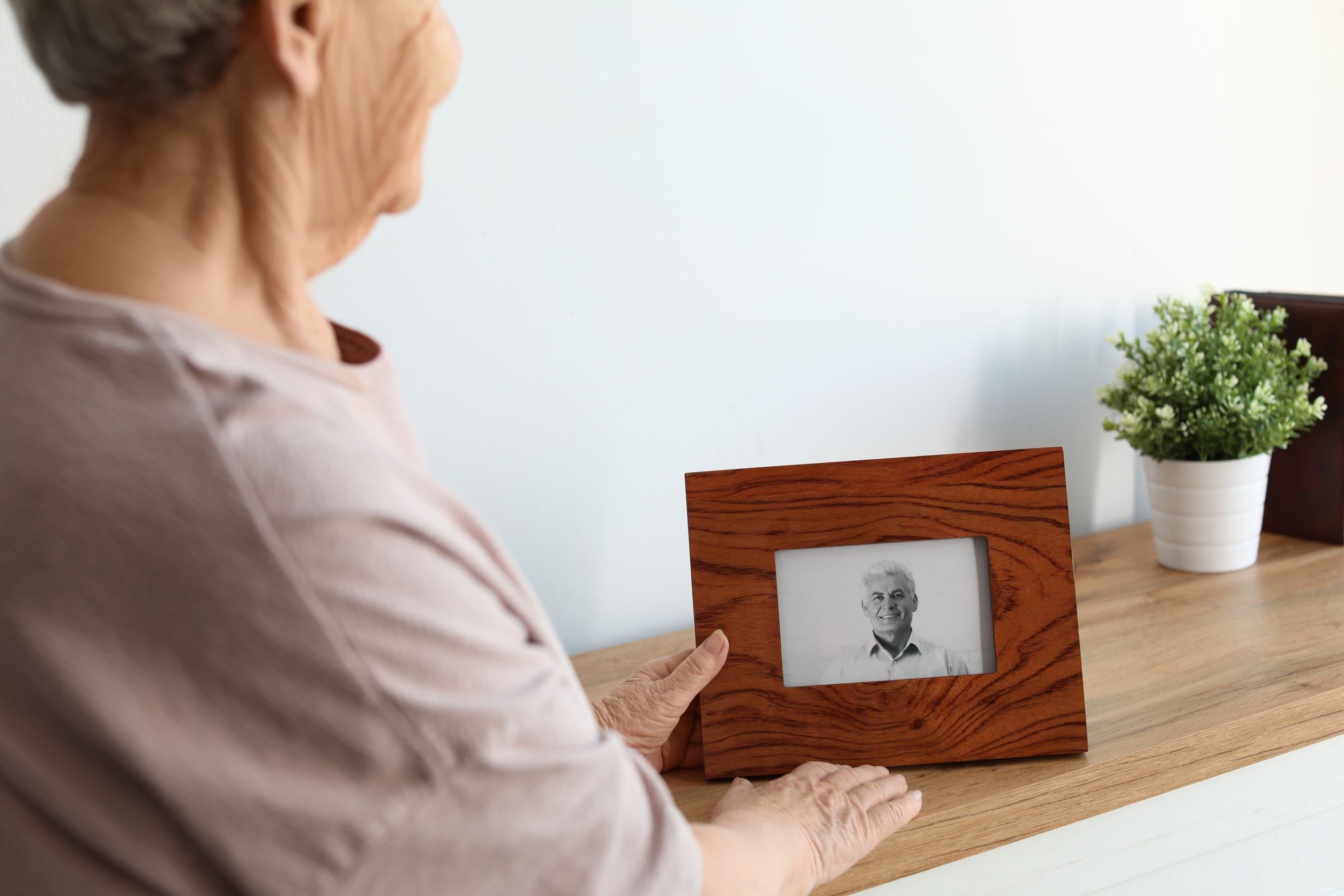
Even if the surviving spouse never worked or paid into the Social Security system, they may still be entitled to benefits pulled from the work history of the deceased spouse. If both spouses worked and the contributions of the deceased spouse were higher, the benefits toward the living spouse may be based on the higher earnings.
About the Author:
A former Assistant Public Defender for the Sixth Judicial District in Duluth and former staff attorney for the Indian Legal Assistance Program, Brent R. Olson is an experienced trial lawyer who has appeared in every Courthouse in the Sixth Judicial District and taken over three dozen cases to verdict. At LaCourse, Poole & Envall, Mr. Envall focuses on family law, workers’ compensation, and criminal defense. He has a strong belief in restorative justice and helped to develop the Domestic Violence Restorative Circles program.


